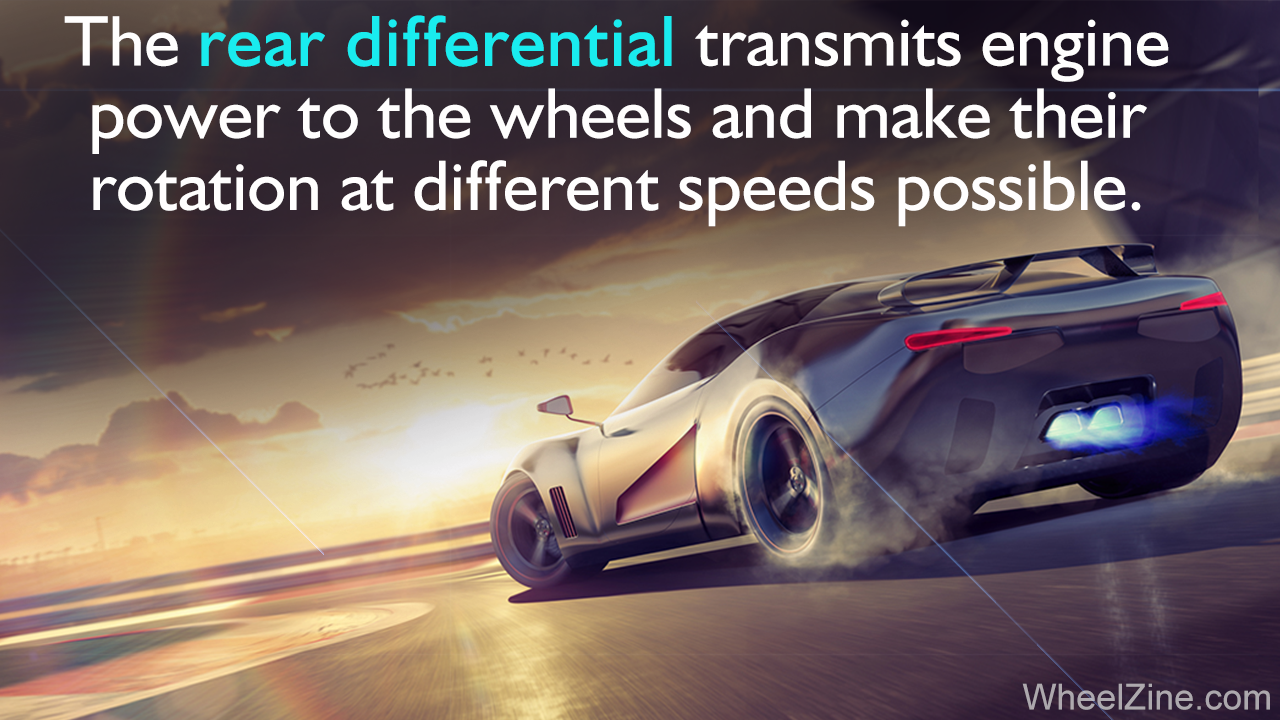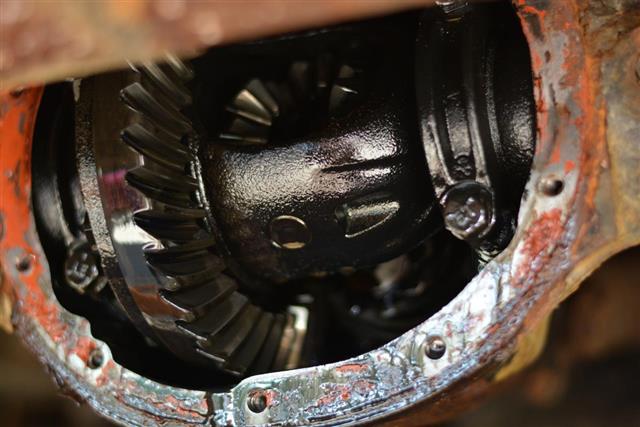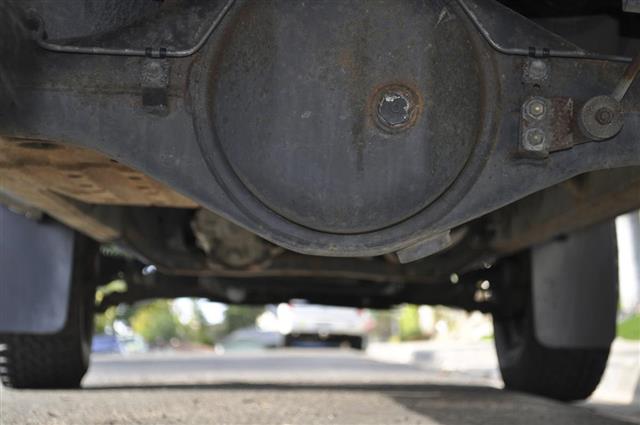
If you are looking for information on rear differential noise problems in your car, this article will help you out. Here I try to throw some light on rear differential problems and ways in which you can deal with them.
Have you been experiencing a grinding or whining noise from the car lately, particularly when you turn corners? It is most probably rear differential noise, caused by friction. It is different from car tire noise while turning.
How Does a Rear Differential Work?
To understand what causes this noise, one must understand how the rear differential works and why a car needs it, to begin with. The differential is a very important part of a car’s working assembly. It is common knowledge that a car is driven by the car engine’s piston motion, generated by fuel combustion. However, very few bother to know how that ‘up and down‘ motion of the piston is converted to the rotational motion of wheels.
The engine piston drives and creates a torque in the crankshaft, which is distributed through transmission, to the drive shaft and ultimately to the wheels, via the differential. Differential is the final end mechanism, that enables torque control, before it is delivered to the wheels. The rear differential transmits engine power to the wheels, while also making their rotation at different speeds possible. This is why it’s called a ‘differential’, as it can distribute differential speeds to both wheels, especially while taking a turn.
If you think about it, you will realize, that during a turn, both driving wheels do not rotate at the same speeds. The wheel on the turning side rotates slower, than the wheel on the other side. This facility is made possible due to the rear differential gear mechanism, consisting of a pinion and gear rings. Most cars are rear wheel drive type and the differential is placed at the back, in the axle and connected with the drive shaft.
The differential mechanism decides how fast and how frequently, the axle and ultimately the wheels will turn, in relation to the turning of drive shaft. Noise results from a slight malfunctioning in the differential gears.
Causes of Noise
The rear differential consists of many gears with their teeth entwined in each other. With so many moving parts, the precision with which they are arranged and oriented, matters a lot. If the lubricant levels of the differential lubrication mechanism have gone down or if the arrangement of the pinion and rest of the gears is messed up, then rear differential noise occurs. When the ring gear or the pinion is not adjusted properly, then the contact between the gear teeth is improper and causes friction.
In case the noise is ignored, friction will play its role and damage the ring and pinion permanently and lead to major car repairs. The humming noise will get slowly converted to a growling sound over time, resulting into large-scale damage. Sometimes, people confuse this with tire noise and ignore it. However, the subtle difference between the two can be identified, as tire noise varies with the kind of surface you are driving on, but rear differential noise doesn’t change. Also, the noise occurs, only when the car is taking a turn. In some cases, the noise may even be caused while driving straight and accentuated during acceleration. Thus, differential noise can be produced, due to drop in lubricant levels or improper gear adjustments.
It is not recommended that you open up the rear differential mechanism and try fixing it on your own, as it is a complex job. Rear differential repair is best left to professionals. Car problems like these, need to dealt with immediately. So, if you experience differential noise at any point of time, the best thing to do is take your car to an automobile servicing center and get it checked as soon as possible. The car mechanics can make a better differential noise diagnosis. After about every 60,000 miles of running, it’s essential that you get the differential and the entire drive train inspected for problems. Regular maintenance can solve such problems in advance.
Mostly, a boosting up of lubricant levels or a slight adjustment in the rear differential will take care of the noise. If you are delayed in dealing with the problem, then you may require a replacement of the entire mechanism.

